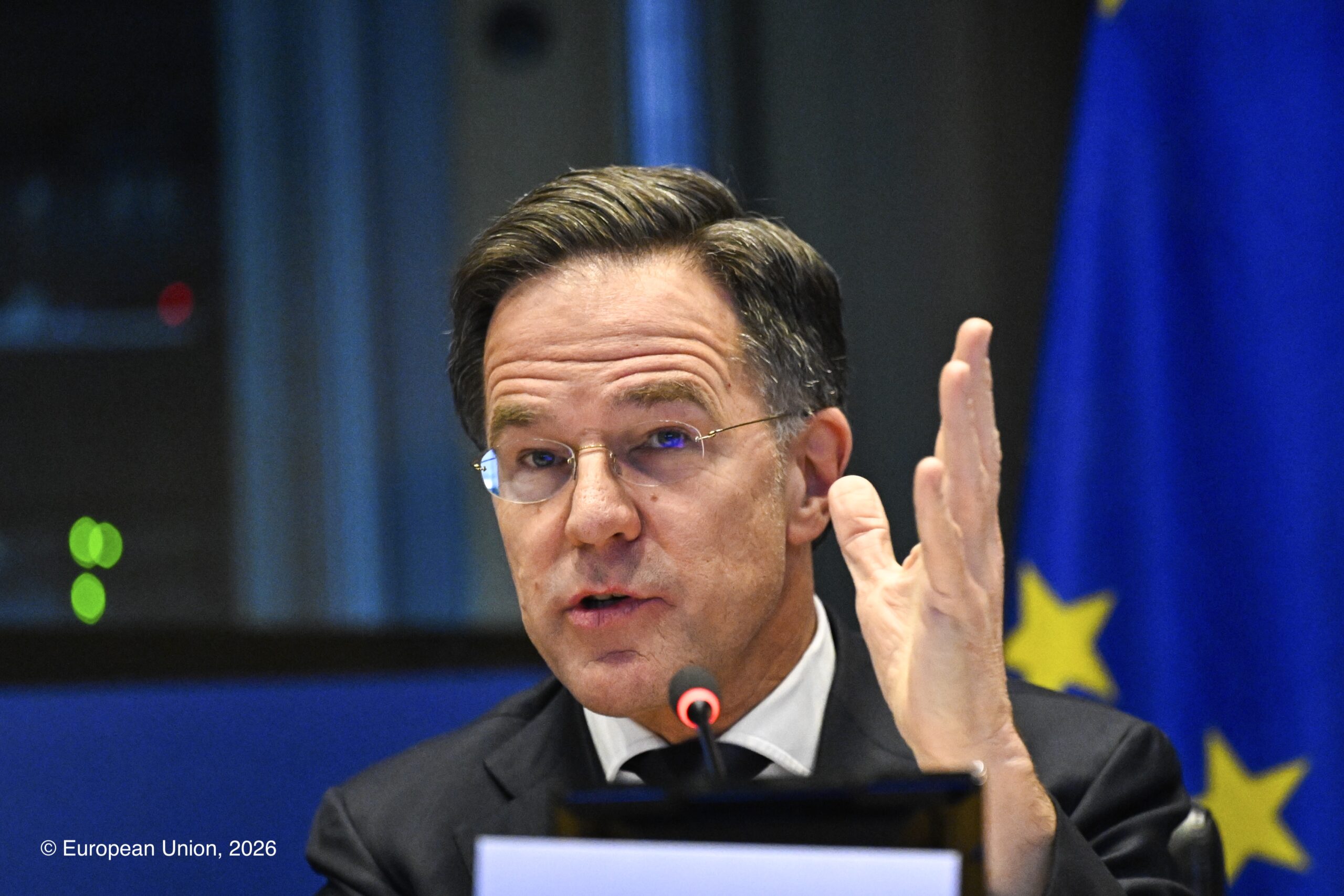On Wednesday, 26 March, the European Commission launched the Preparedness Union Strategy to support Member States and enhance Europe’s capability to prevent and respond to emerging threats. The initiative comes as the EU is facing increasing geopolitical tensions and growing challenges.
The Strategy includes 30 key actions and a detailed Action Plan to advance the Preparedness Union’s objectives, as well as developing a ‘preparedness by design culture’ across all EU policies. The key objectives are as follows:
- Promoting Population Preparedness, such as encouraging the public to adopt practical measures, including maintaining essential supplies for at least 72 hours during emergencies.
- Enhancing Crisis Response Coordination by establishing an EU Crisis Hub to improve integration among existing EU crisis structures.
- Strengthening Civil-Military Cooperation by conducting EU-wide preparedness exercises, uniting armed forces, civil protection, and facilitating dual-use investments.
- Bolstering Foresight and Anticipation Capabilities, by developing a comprehensive risk and threat assessment at the EU level to help prevent crises such as natural disasters or hybrid threats.
- Increasing Public-Private Cooperation, by creating a public-private Preparedness Taskforce and formulating emergency protocols with businesses to ensure rapid availability of essentials.
- Enhancing Cooperation with External Partners, such as NATO, on military mobility, climate and security, emerging technologies, cyber, space, and the defence industry.
This initiative highlights the EU’s recognition of the increasing challenges of global threats, including geopolitical tensions, natural disasters, and cyber security risks. By integrating civil, military, and private-sector responses, the Strategy moves beyond traditional crisis management towards a multisectoral whole-society approach.
However, its effectiveness will depend on Member States’ willingness to implement these measures, as well as their ability to align national preparedness efforts with the broader EU initiative. While fostering cooperation with external partners may strengthen Europe’s collective security, it also introduces challenges related to policy alignment, funding and operational coordination.
The Preparedness Union Strategy is a forward-looking initiative that addresses the need for a more unified and adaptive crisis response system. By introducing 30 key actions and promoting a ‘preparedness by design’ culture, the Strategy aims to create a more coordinated and proactive response framework across all Member States.

